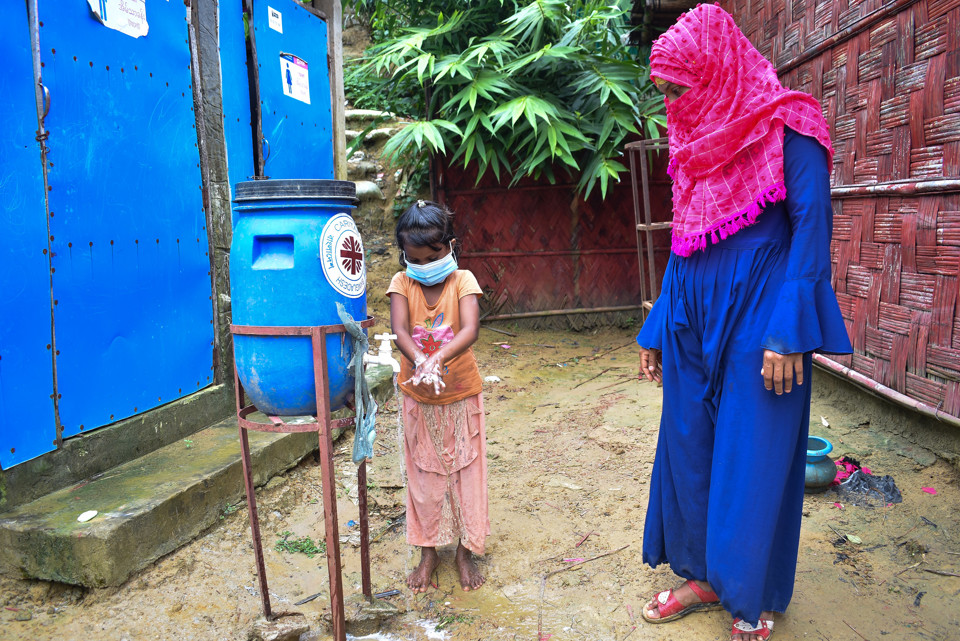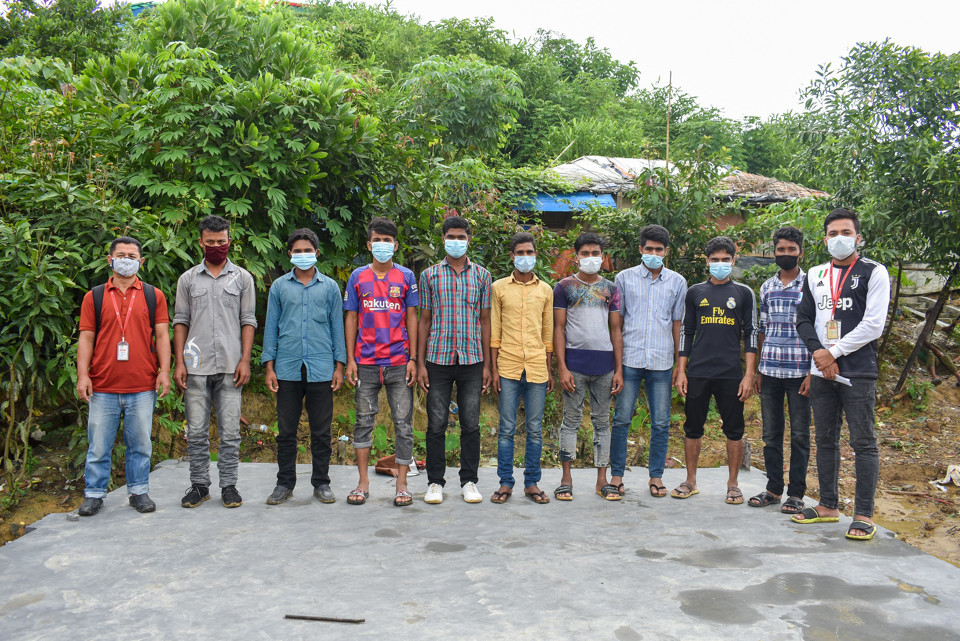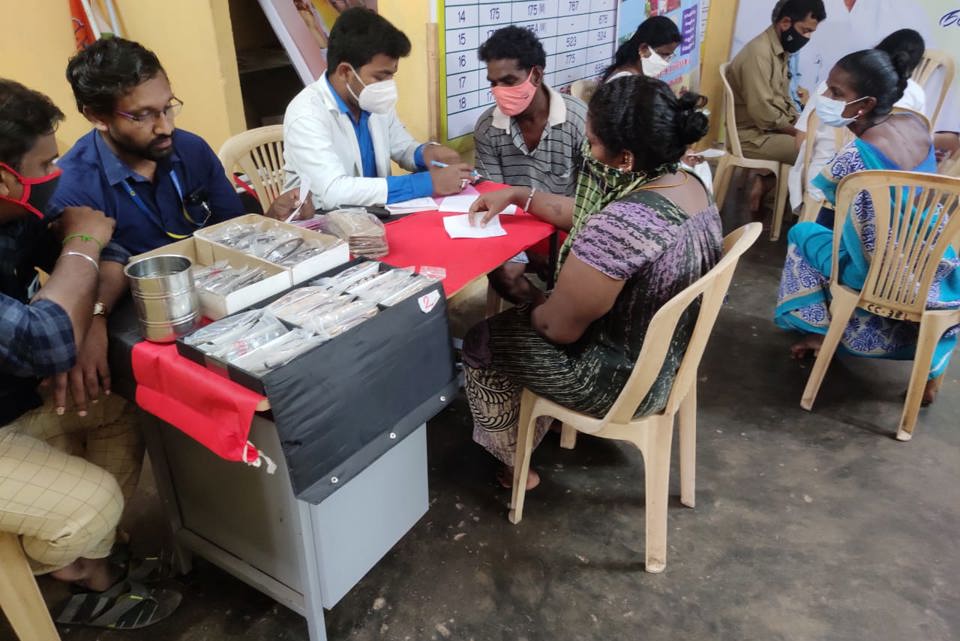Global Issues
Coronavirus Global Impact and Solutions For Communities Living in Poverty

Halima (left) leading a Covid-19 related health and hygiene session with children in her Rohingya refugee camp in Cox’s Bazaar region of Bangladesh in August 2020. Photo credit: Inmanuel Chayan Biswas/Caritas Bangladesh.
Coronavirus Global Stats
160 million
There have been over 160 million cases of COVID-19 infection and nearly three million deaths worldwide
223 countries
Currently, people in 223 countries, areas or territories have been affected by the pandemic.
Over 23 million in India
India is second to the United States in total number of infections with more than 23 million confirmed cases. The country of more than 1.3 billion people also accounts for 24% of the world’s poor.
The importance of WASH during COVID
COVID-19 lockdowns and restrictions have had a significant impact on access to basic services, such as health care, education and employment. socio-economic development have been severely interrupted, causing an entire generation to lose valuable time for learning, development, and so much more.
Our work in the areas of water, sanitation, and hygiene (WASH) have been vital to our COVID response in the vulnerable communities we support.
WASH-related awareness-raising activities we delivered in the Democratic Republic of Congo (DRC) during the Ebola outbreak of 2018 are helping these communities to control and contain the virus. Something as simple as understanding the importance of handwashing and basic hygiene is now making a world of difference to people living in the DRC.

Halima (right) showing her children how to use a hand washing station in her Rohingya refugee camp in Cox’s Bazaar region of Bangladesh in August 2020. Photo credit: Inmanuel Chayan Biswas/Caritas Bangladesh.

Caritas Bangladesh staff and Rohingya WASH volunteers in their Rohingya refugee camp in Cox’s Bazaar region of Bangladesh in August 2020. Photo credit: Inmanuel Chayan Biswas/Caritas Bangladesh.
Local networks helping to prevent COVID-19 spread
Our existing programs and partnerships with communities around the world have helped to inform our COVID-19 responses and ensure that they are swift and effective in the communities in which we work.
In the Cox's Bazar refugee camp in Bangladesh, where over 1.3 million Rohingya people are living in poverty, the risk of the spread of COVID-19 is heightened, due to the combined threats of poor living conditions, cramped living conditions and a highly contagious, life-threatening virus.
We have been able to provide support through our local partner organisation on the ground, Caritas Bangladesh, by providing clean water, masks, PPE and raising awareness about preventing the spread of COVID-19.
In India, we’ve helped:
- 23,295 vulnerable people from 4,353 families with sanitation items, like soap and masks.
- Distribute food kits to families during lockdown and periods of unemployment.
- 50,000 people to improve their knowledge of handwashing, physical distancing, and proper mask use via an awareness campaign and door-to-door visits.

Basic Medical Kits distribution in India. Photo: Caritas India.

Director of Caritas Papua New Guinea Mavis Tito (L), Caritas Australia CEO Kirsty Roberstion (C) and His Eminence Soane Patita Paini Mafi, Caritas Oceania Regional President (R) at the launch event of the Climate Finance report in Papua New Guinea.
In Papua New Guinea we've supported:
- 234 teachers and health workers from 6 at-risk provinces to participate in COVID-19 awareness training, ensuring that approximately 15,000 students and community members receive vital preventative health information
- 18,300 educational posters and fact sheets on the use of PPE and personal hygiene distributed to all 19 provinces, reaching 3,000 urban and rural schools
- 1,000 hygiene kits were distributed to vulnerable children, including those in orphanages, settlements and the West Papua refugee camp
- 402,000 items of PPE equipment were distributed to 19 provinces, benefiting 235 health facilities and an estimated 1,462 health workers.












